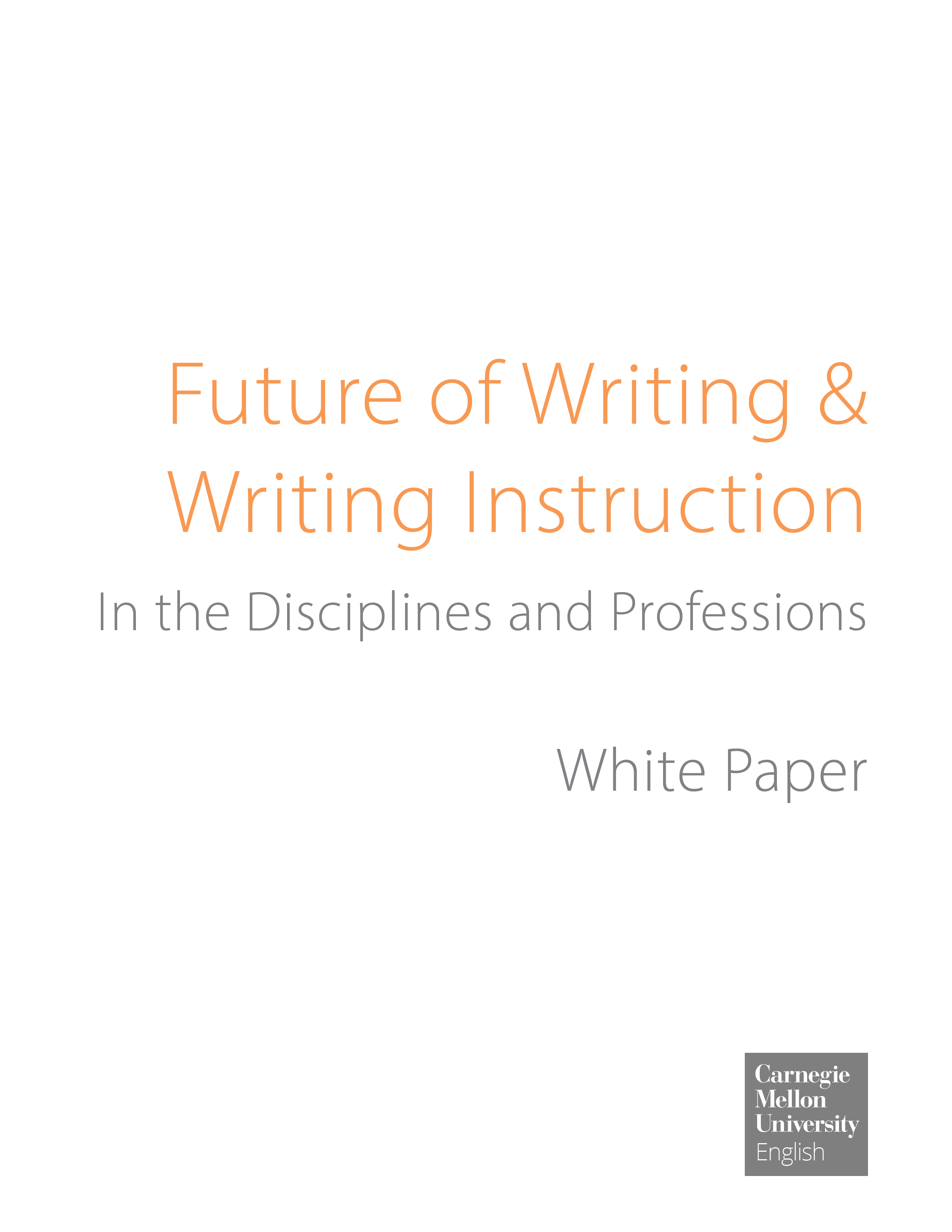Future of Writing Instruction
Our goal is to work toward a responsible future that embraces AI in writing without dehumanizing it.
Over the past 60+ years, extensive research has been conducted on writing instruction. However, despite these efforts, there remains a significant challenge—the lack of scalable solutions to help college graduates meet the standards of written proficiency.
Vision
While AI that creates content may seem to undermine the work of writing educators and the advancements in written communication, we see a different future. We believe that properly harnessed, AI can enhance the writing process, making it more fluid, democratic, and inclusive.
Our vision is restrained generative AI, which will free up writers’ time to focus on critical thinking skills, planning, and communicating substantive ideas. This approach will also address the cognitive and motivational barriers that have hindered the scaling of writing education.
AI makes writing more “effective” by restricting the actions of writing to those that can only be entrusted to a human writer.
Solution—myProse
myProse is an AI-enhanced online writing studio with a suite of generative and assessment tools supporting the writing process from initial-phase writing to the completion of the final draft. Instead of starting with a blank page, writers using myProse are supported with a writing task definition, consisting of a common outline and a set of writing task-specific questions that stand in for reader expectations.
One of the key features of myProse is the AI-based tool called Notes-to-Prose. This tool translates the writer’s notes into prose without adding new ideas. In other words, the generative AI is restrained to reflect the quality of the writer’s notes in prose. This early-stage support significantly reduces the cognitive load of sentence crafting, allowing writers to focus their attention on higher-level planning and organization. This unique capability of myProse should instill confidence in educators and stakeholders about its potential to enhance writing efficacy.
As the writer develops their draft, myProse offers AI-based assessment tools utilizing automated feedback and the interactive visualization of the writer’s composing decisions. These tools allow writers to evaluate their drafts from several perspectives, including reader expectations, logical flow, content coverage, and sentence clarity.
History
For the past twenty-five years, we have explored how digital writing environments incorporating Natural Language Processing and interactive visualization might ease the cognitive load of writers and enhance their experience of the writing process. A suite of these experimental digital tools, called DocuScope, was designed to offer automatic feedback, with the aim of maintaining a writer’s engagement without the need for teacher supervision. Our digital work predates the rise of generative AI; but, we have discovered that the strategic deployment of generative AI complements our vision of placing the human writer at the forefront of the writing process, while also democratizing access to an enhanced writing process for a broader population.
Media Coverage
Nature | September 4, 2024
Guide, don’t hide: reprogramming learning in the wake of AI
Carnegie Mellon News | June 26, 2024
Generative AI for Educators: Three Seed Grants Awarded for Research & Development
EdSurge | May 23, 2024
Professors Try ‘Restrained AI’ Approach to Help Teach Writing
FastCompany | May 23, 2024
How two professors harnessed generative AI to teach students to be better writers
Collaborating Units
- Eberly Center for Teaching Excellence and Educational Innovation, Carnegie Mellon University
- Open Learning Initiative, Carnegie Mellon University
Acknowledgments
This project has been partially suppported by:- Seed grant program for the research and development of generative AI-enabled educational tools, Carnegie Mellon University
- Dietrich College of Humanities & Social Sciences, Carnegie Mellon University
- Department of English, Carnegie Mellon University
- Eberly Center for Teaching Excellence and Educational Innovation, Carnegie Mellon University
- Center for Technology Transfer and Enterprise Creation, Carnegie Mellon University
